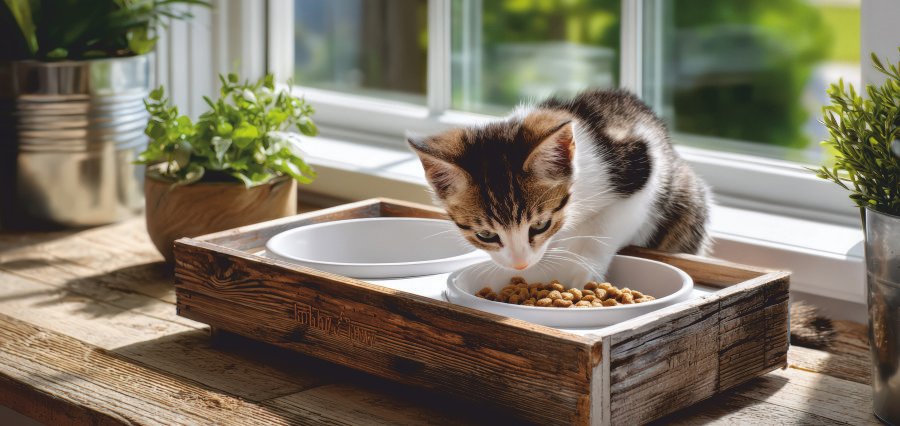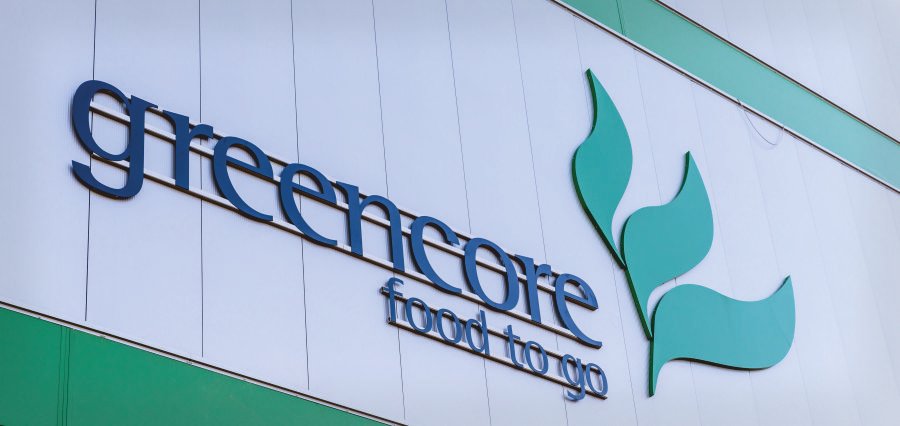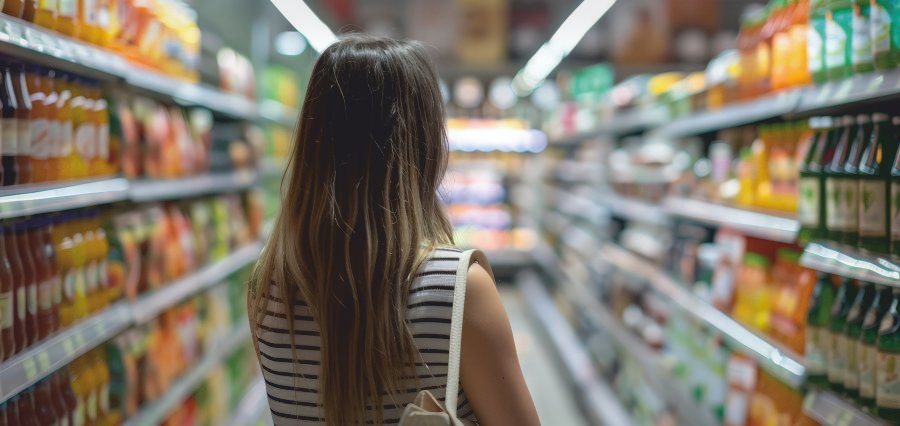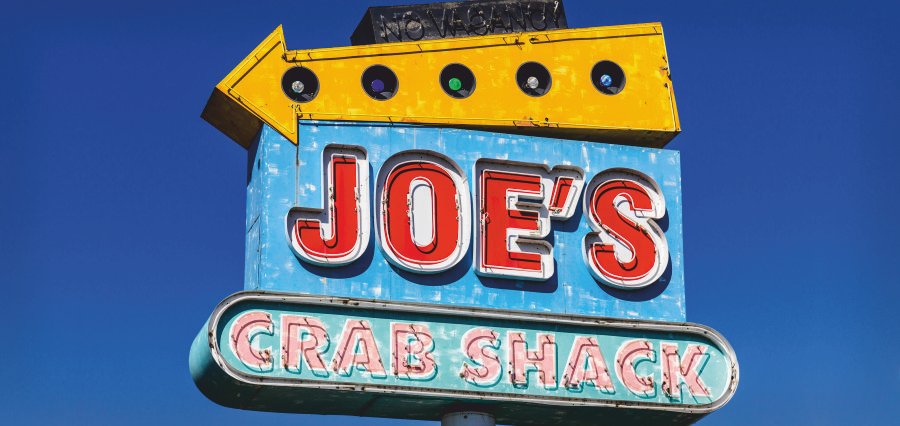Prime Highlights
- US consumers will see a 20–25% price hike of orange juice due to tariffs on imports from Brazil.
- Johanna Foods sues over 50% tariff, calling it unfair and detrimental to American consumers.
Key Fact
- The US has implemented a 50% tariff on imports of orange juice from Brazil, which supplies the majority of America’s juice.
- The prices at retail outlets will be significantly higher, perhaps even straining family budgets.
Key Background
America has levied a severe 50% tariff against Brazilian imports of orange juice—the world’s leading supplier. The surprise move is just one aspect of a heightened trade dispute between the countries, as America cites unfair business practices. Because Brazil provides so much of the orange juice consumed in America, the step could potentially cause extensive market disruption.
Orange juice importers are ringing the alarm bell for an impending price surge. Florida-based key importer Johanna Foods has projected that prices at wholesale and retail levels may go up by 20–25%. Since U.S. domestic orange production is insufficient to meet demand, and alternatives are in short supply, American consumers should anticipate store prices going up as early as next month.
Consequently, the administration was sued by Johanna Foods in federal court, seeking to stop the tariff from being imposed. The company argues that the move is unjustified and inflicts severe harm upon not only business interests but also regular consumers. The lawsuit also highlights the vulnerability of U.S. food supply chains to be hurt if they rely on sole-source imports.
This juice duty is not all about orange juice. It is a manifestation of U.S.–Brazil economic tension, as both countries struggle to lock in good terms of trade. Brazil has threatened to divert its exports and diversify its markets, with the U.S. bearing further inflationary pressure. The situation does create uncertainty about future availability and price of not just juice, but a great many imported food staples.






